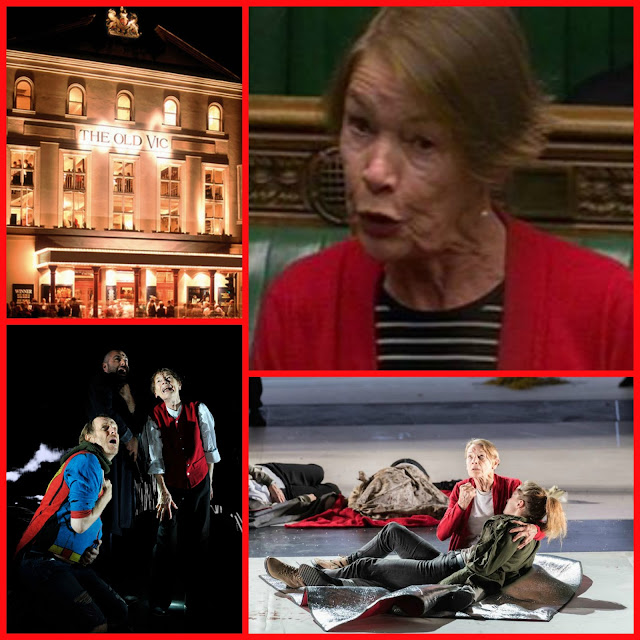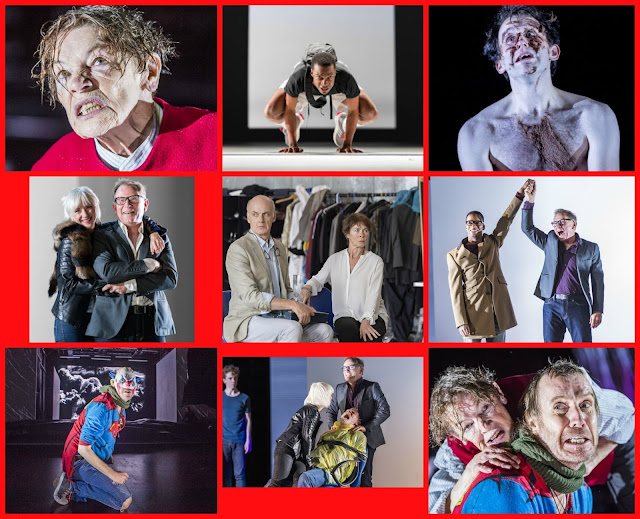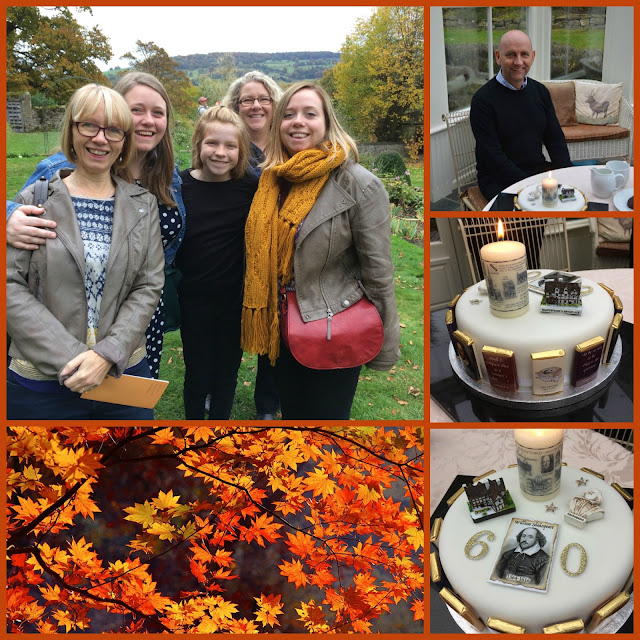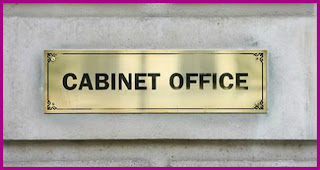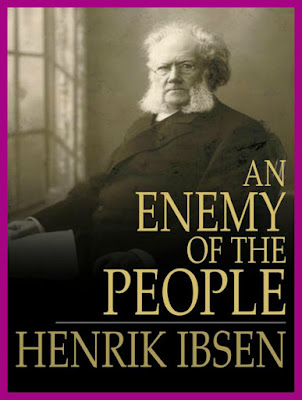 |
| Up The Shard, as you do.... |
Saltaire to London
Yorkshire is the bees’ knees to me! Stratford-upon-Avon, Badby, Northumbria,
Scotland and Manchester are the bees’ knees’ best friends. So I suppose
London can be seen as the bees’ knees’ mother. There are other places that could shiver my timbers and tickle my fancy that I haven’t yet visited: I suspect there are places in
Ireland and
Wales that will do it and I have abiding memories of English Heritage and National Trust properties throughout the land, not to mention formative times in Bath, Plymouth, Winchester, the Peak District, Cornwall, Devon and Kent. Dorset and the Isle of Harris are on my bucket list and I want to know more about East Anglia and
Northern Ireland. And that’s without even leaving the British Isles. It’s a big planet, a huge continent, an enormous country, a gigantic city and visiting London gives me the feeling of the human race’s capacity for imagination, creativity, survival and endeavour, as well as the same capacity for greed, ruthlessness, destruction and conquest. London is the best of worlds and the worst of worlds. I sometimes feel like a frightened country mouse when I’m there and I sometimes feel like I own the place. Samuel Johnson was famously quoted by his biographer, Boswell:
Sir, when a man is tired of London, he is tired of life; for there is in London all that life can afford.
 |
| New and old, London brashness and London antiquity - the Monument, the Shard, a coffee house |
Glenda and friends
I’ve
blogged about the prime reason for going to London earlier this month (to see Glenda Jackson in Shakespeare’s
King Lear at the Old Vic.) It was also a good time to catch up with friends:
Dud, John, Mary, Michele and
Meera in different venues on different days. We were evacuated from the British Library by a fire alarm, gawped at the spoils of Empire at the British Museum, ate like royalty in the Oxo brasserie overlooking the Thames, visited Christopher Wren’s Monument to the Great Fire of London, witnessed artisan glass blowing in Bermondsey, went Up The Shard (mind-boggling and something to do again, I hope) and generally pounded the pavements admiring the soaring, tumbling, peculiar mix of architecture, slum, luxury, confusion, hope, culture, history, grief and joy. It’s easy to become overwhelmed by London so the friendly and calming oases in cafés, pubs and in London homes were a welcome relief from the onslaught of the city’s dynamism.
The 606 Club
In a dingy basement club, packed to the rafters with appreciative punters, we were privileged to hear
John Etheridge play with singer
Vimala Rowe, accompanied by old pal,
Dudley Phillips on bass and
Mark Fletcher on drums. Our proximity to the performers was sometimes a bit un-nerving but the evening contained some extraordinary and evocative sounds, rhythms and songs. Catch them by searching for the albums in the collages below.
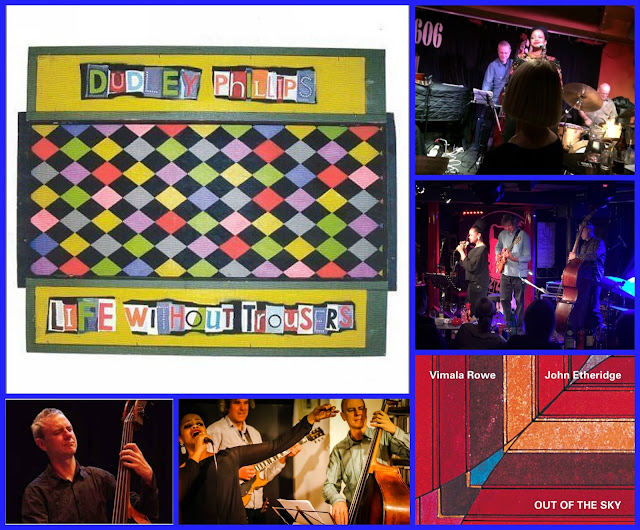 |
| Dud's first album, Life Without Trousers and Rowe/Etheridge album (featuring Dud) Out of the Sky contains tracks we heard that night in the 606 Club |
Stephen Fry riff
One of my favourite books about poetry is Stephen Fry’s
The Ode Less Travelled and he explains London as similar in a way to the English Language:
The English language is like London: proudly barbaric yet deeply civilised, too, common yet royal, vulgar yet processional, sacred yet profane. Each sentence we produce, whether we know it or not, is a mongrel mouthful of Chaucerian, Shakespearean, Miltonic, Johnsonian, Dickensian and American. Military, naval, legal, corporate, criminal, jazz, rap and ghetto discourses are mingled at every turn. The French language, like Paris, has attempted, through its Academy, to retain its purity, to fight the advancing tides of Franglais and international prefabrication. English, by comparison, is a shameless whore.
That’s “shameless whore” in a positive sense. Like London.
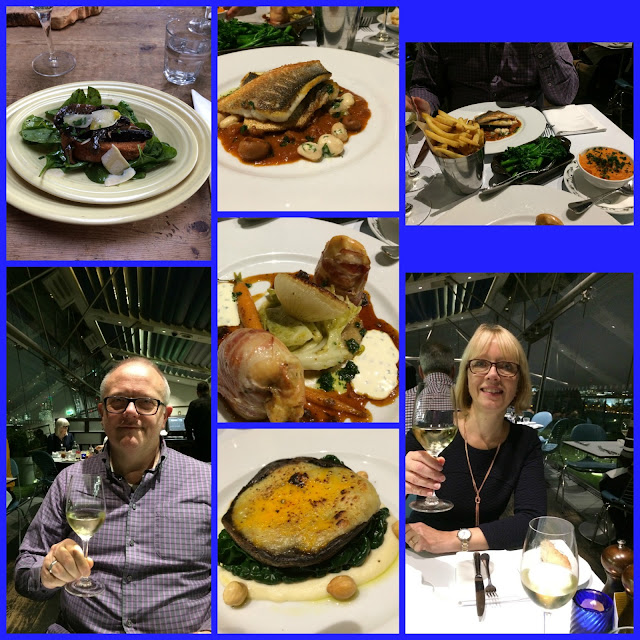 |
| Top left is a mushroom starter by Betti and rest are at the Oxo tower |










